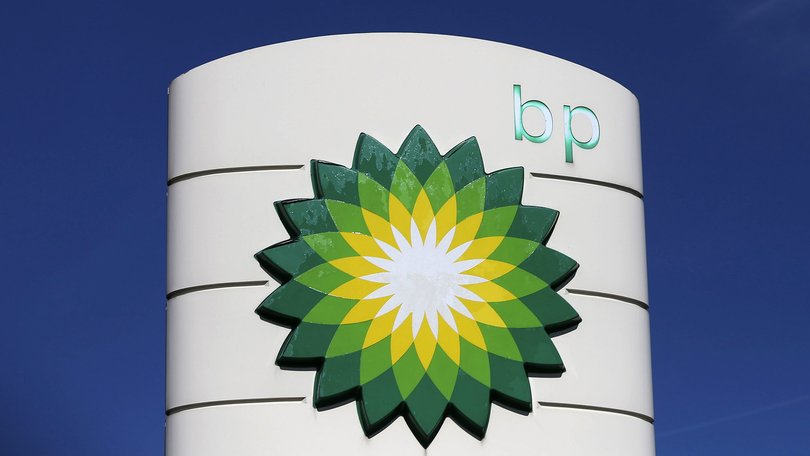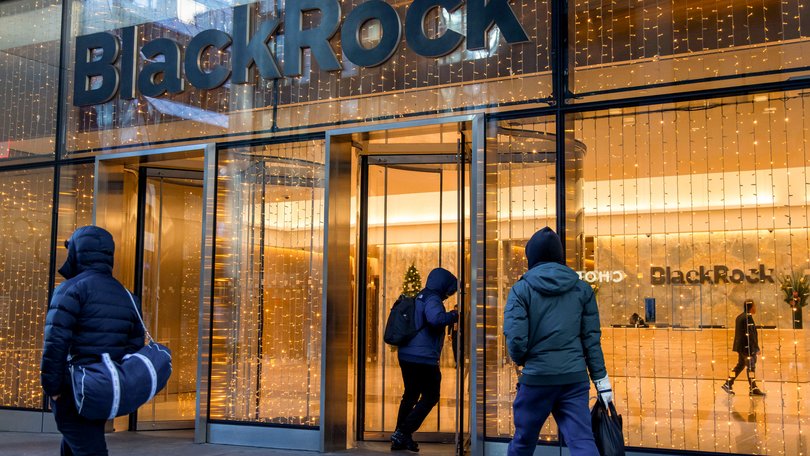THE ECONOMIST: Remarkable rise of ‘greenhushing’ where companies keep quiet and carry on with climate goals
THE ECONOMIST: The changing political landscape has led to ‘greenhushing’ of climate goals

Read the headlines and the easy conclusion is that big business has abandoned the fight against climate change.
In the past two weeks BP, an oil giant, sold its American onshore-wind business; Jaguar Land Rover, a carmaker, has reportedly delayed the launch of its new electric Range Rover; and HSBC, a bank, left the Net Zero Banking Alliance (NZBA), a group committed to lending in a greener way.
But these bits of news are only part of the picture. Taken as a whole, companies are quietly making progress on their climate goals.
Sign up to The Nightly's newsletters.
Get the first look at the digital newspaper, curated daily stories and breaking headlines delivered to your inbox.
By continuing you agree to our Terms and Privacy Policy.Consider a report published in March by PwC, an auditor. It found that of the 4000-odd firms that reported climate commitments last year to the CDP, a non-profit, only 16 per cent dialled back their goals, while 47 per cent stood by them and 37 per cent became more ambitious.
The analysis also found that 67 per cent of companies with targets were on track to meet them, a proportion which had inched up by three percentage points compared with 2023. Once firms were accused of “greenwashing” — making nonsense promises and doing nothing to achieve them. Now they seem to be “greenhushing” — getting on with the job of decarbonisation without making a fuss.
Firms are also improving the rigour of their targets. Some are moving away from using ineffective carbon offsets to claim carbon neutrality, says Thomas Day of the NewClimate Institute, a think tank. That includes Microsoft, Google and easyJet.

An analysis of data from the Science Based Targets initiative (SBTi), a non-profit that verifies climate goals, shows that the share of firms targeting “scope three” emissions — a category which includes pollution created in their supply chain and from the use of their products — in their goals rose from 28 per cent in 2022 to 67 per cent in 2024.
This is welcome news because when businesses set green goals, decarbonisation tends to follow. MSCI, a provider of stockmarket indices, looked at the 2,400 or so large and medium-sized companies in their global index.
In the past three years those with a climate target saw an 8 per cent drop in their emissions intensity (defined as emissions from a firm’s operations and from purchased energy per dollar of revenue). That figure declined by only 3 per cent for those without a target.
Even if this is promising, plenty of problems remain. One is that the sectors where there is backsliding are particularly crucial to slowing climate change. That includes the oil and gas industry, which is struggling to find a way to decarbonise profitably.

Murray Auchincloss, BP’s boss, announced a shift away from renewable energy and back to fossil fuels in a “fundamental reset” earlier this year. On July 22 news broke that Shell, Enbridge and Aker BP, three oil companies, quit the SBTi’s advisory group set up to define what “net zero” means for oil companies. They reportedly left because they were told achieving it would mean not developing new oil and gas fields.
Financial institutions are also backsliding. Along with HSBC, big American banks including Goldman Sachs and Morgan Stanley have dropped out of the NZBA, as have some from Japan and Canada. The Institute for Energy Economics and Financial Analysis, a think tank, estimates that the leavers account for two-fifths of the group’s total assets.
The same problems are afflicting similar organisations, such as the Net Zero Asset Managers initiative. Last year Wells Fargo, another bank, scrapped its green-lending plans and in March Switzerland’s UBS pushed back its climate targets after acquiring Credit Suisse.
Part of the problem for financial institutions is politics, which was shifting even before Donald Trump returned to the White House. In America, Republican senators have suggested that joining a green alliance could breach antitrust rules.
Since Mr Trump’s re-election the pressure has been cranked up. In January, ten attorneys-general wrote to America’s biggest financial firms, including BlackRock and Goldman Sachs, threatening legal action if the companies did not change their climate and diversity policies.

As a consequence, even companies that have continued to take action to decarbonise have grown more reluctant to parade their efforts. The number of times climate change is mentioned on earnings calls of companies in the S&P 500 or Stoxx Europe 600 indices has dropped from 427 in the first quarter of 2022 to 246 in the first three months of this year.
If they can no longer boast about their targets, then some firms might start to question whether setting them is worthwhile. Already companies that hoped their green credentials would give them a share-price boost as money flooded into sustainable-investment funds have been disappointed.
Yet the fact that many are quietly persevering with decarbonisation points to a more comforting conclusion: that they realise that taking action is beneficial to their bottom lines, no matter what politicians say or do. If the worst accusation that environmentalists can level at a company is its tendency to greenhush, then that is surely a sign of progress.
Originally published as The remarkable rise of “greenhushing”
